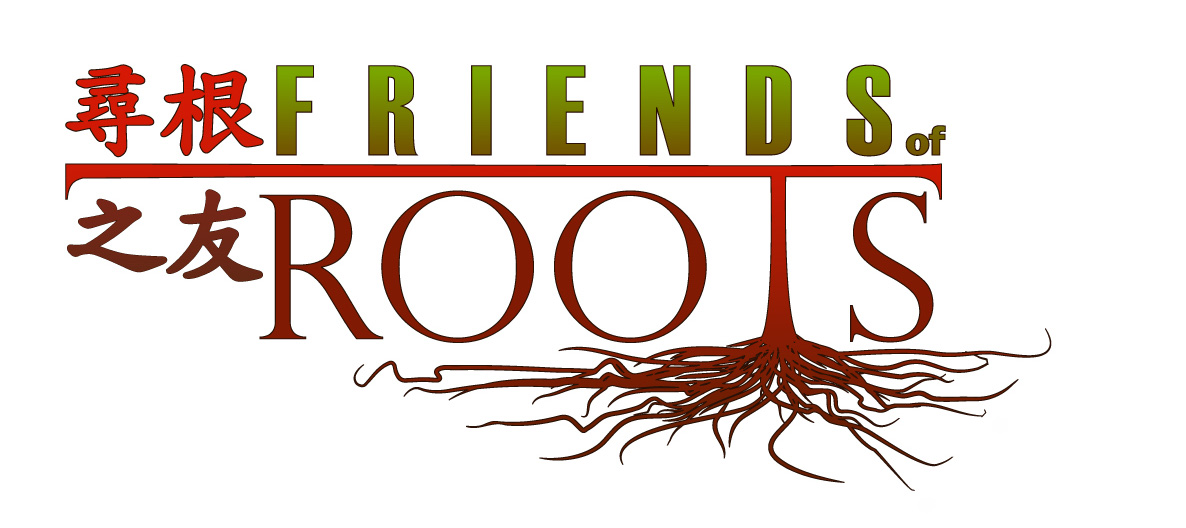
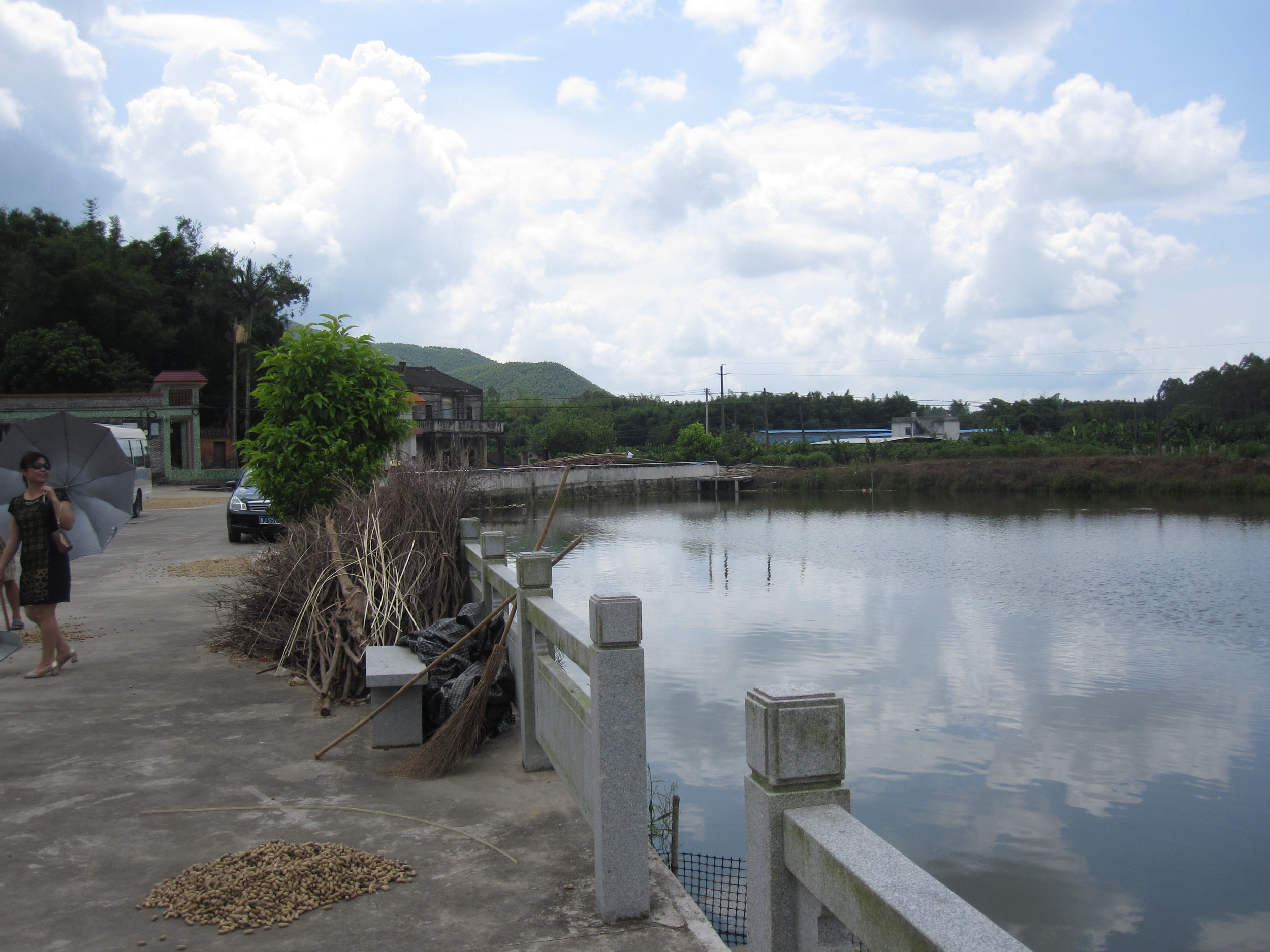
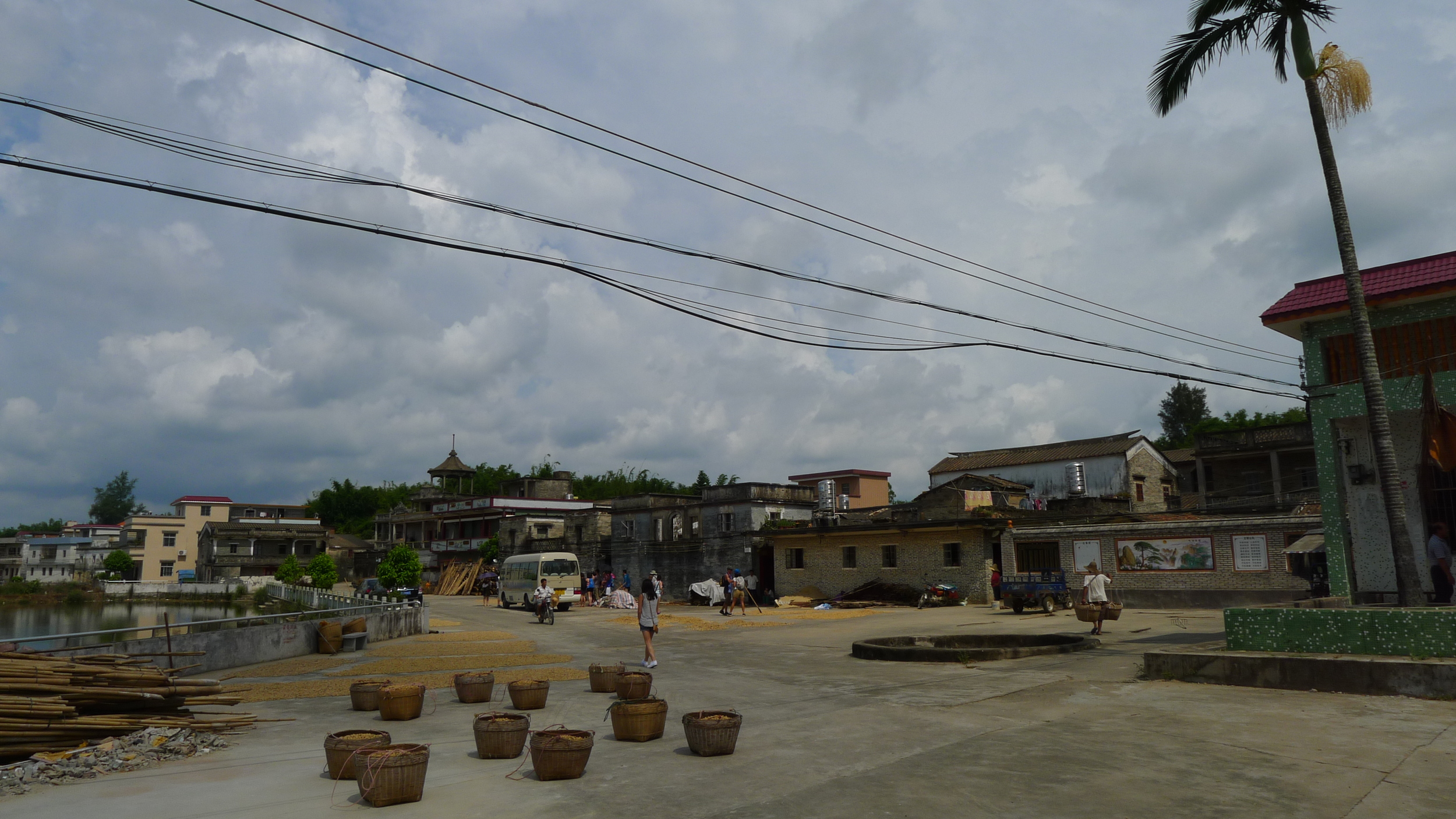
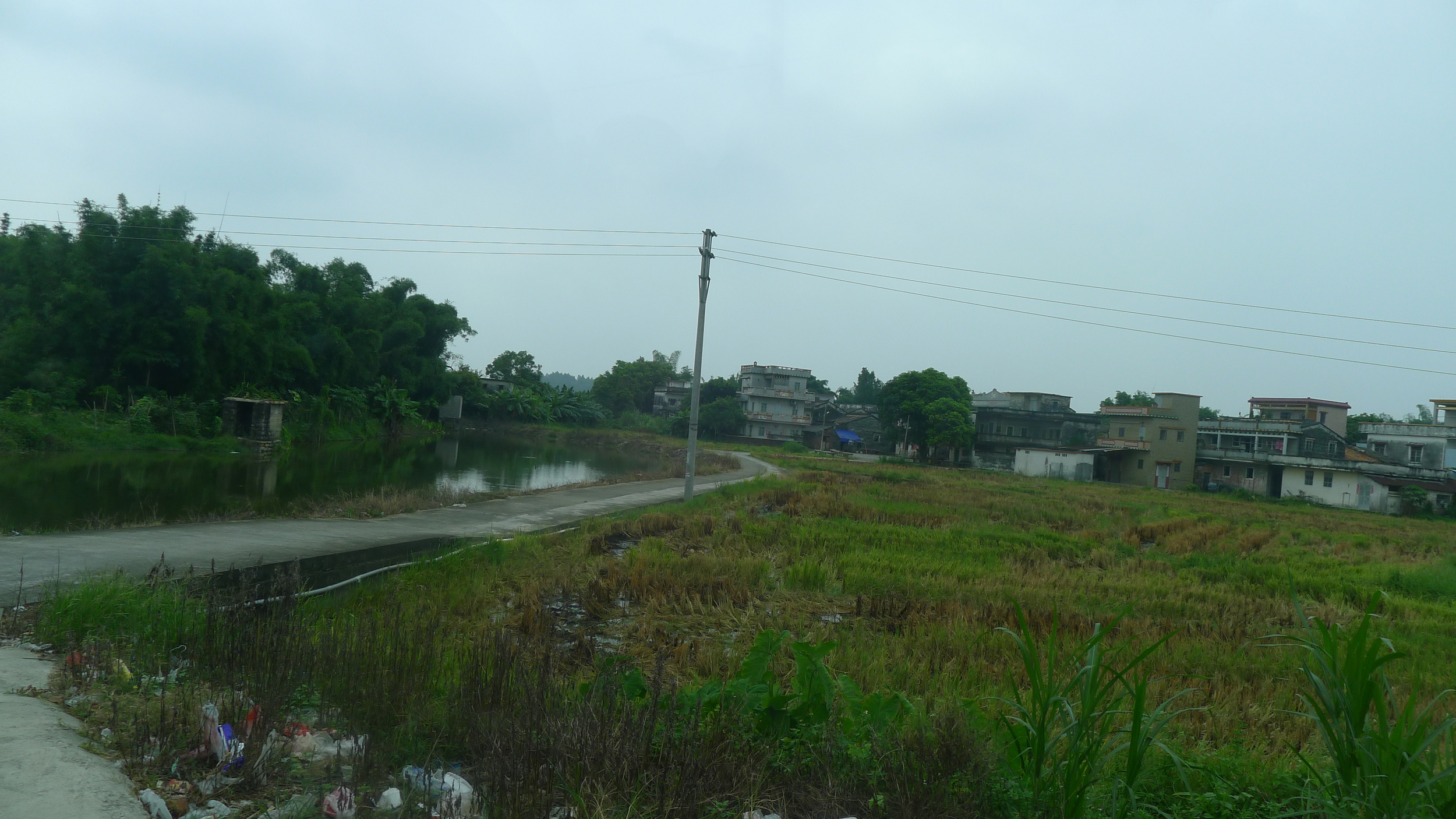
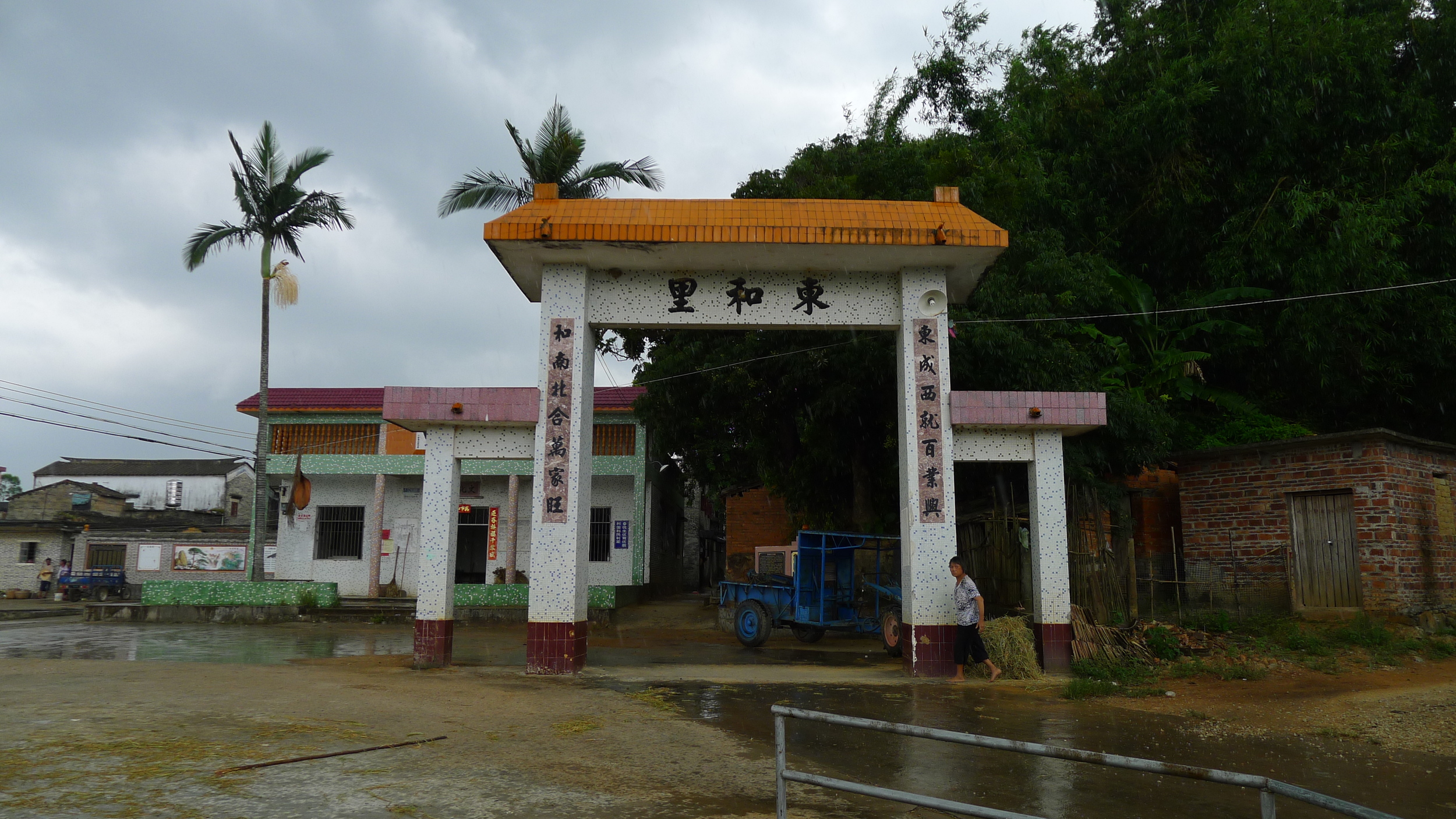
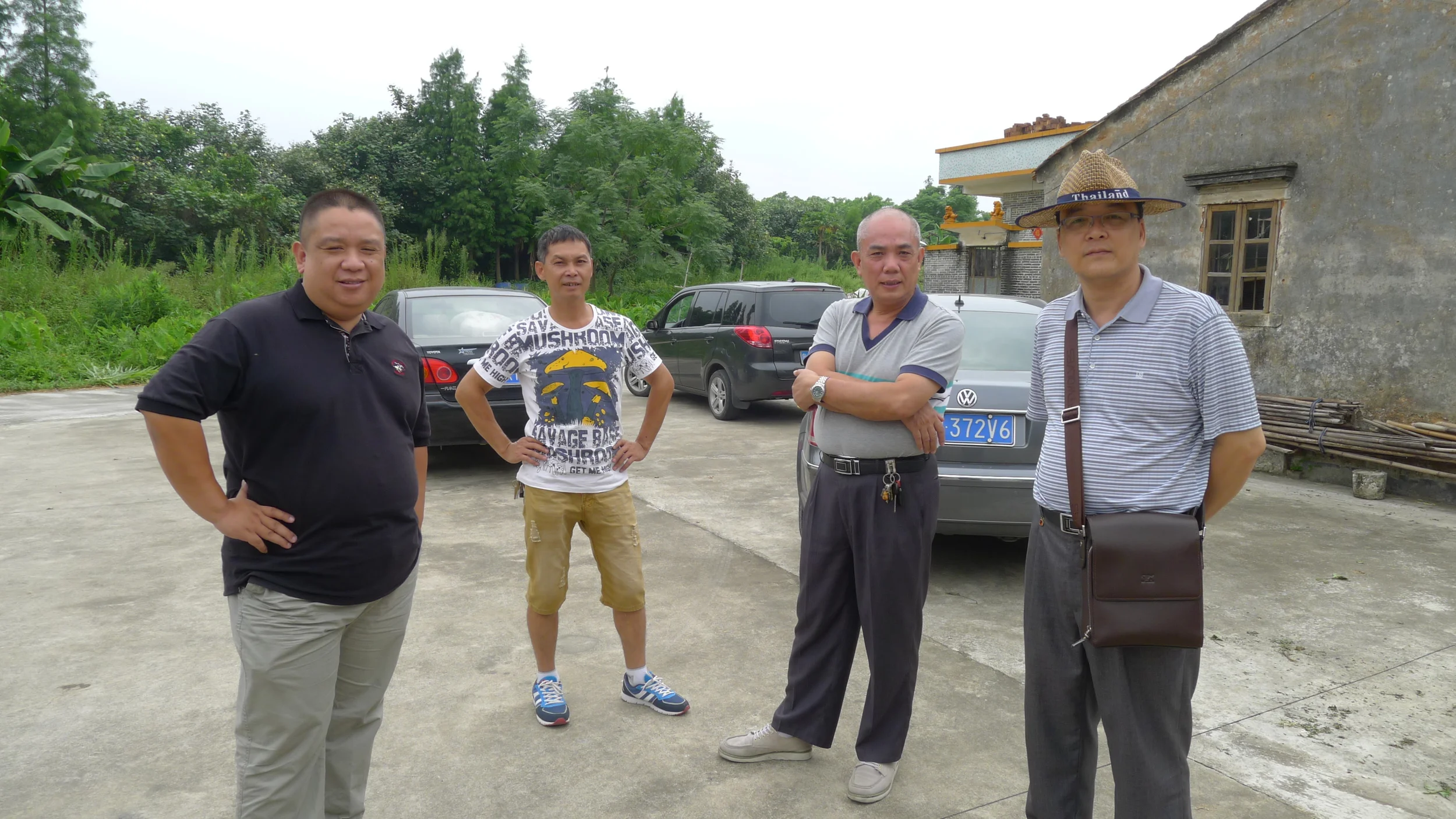
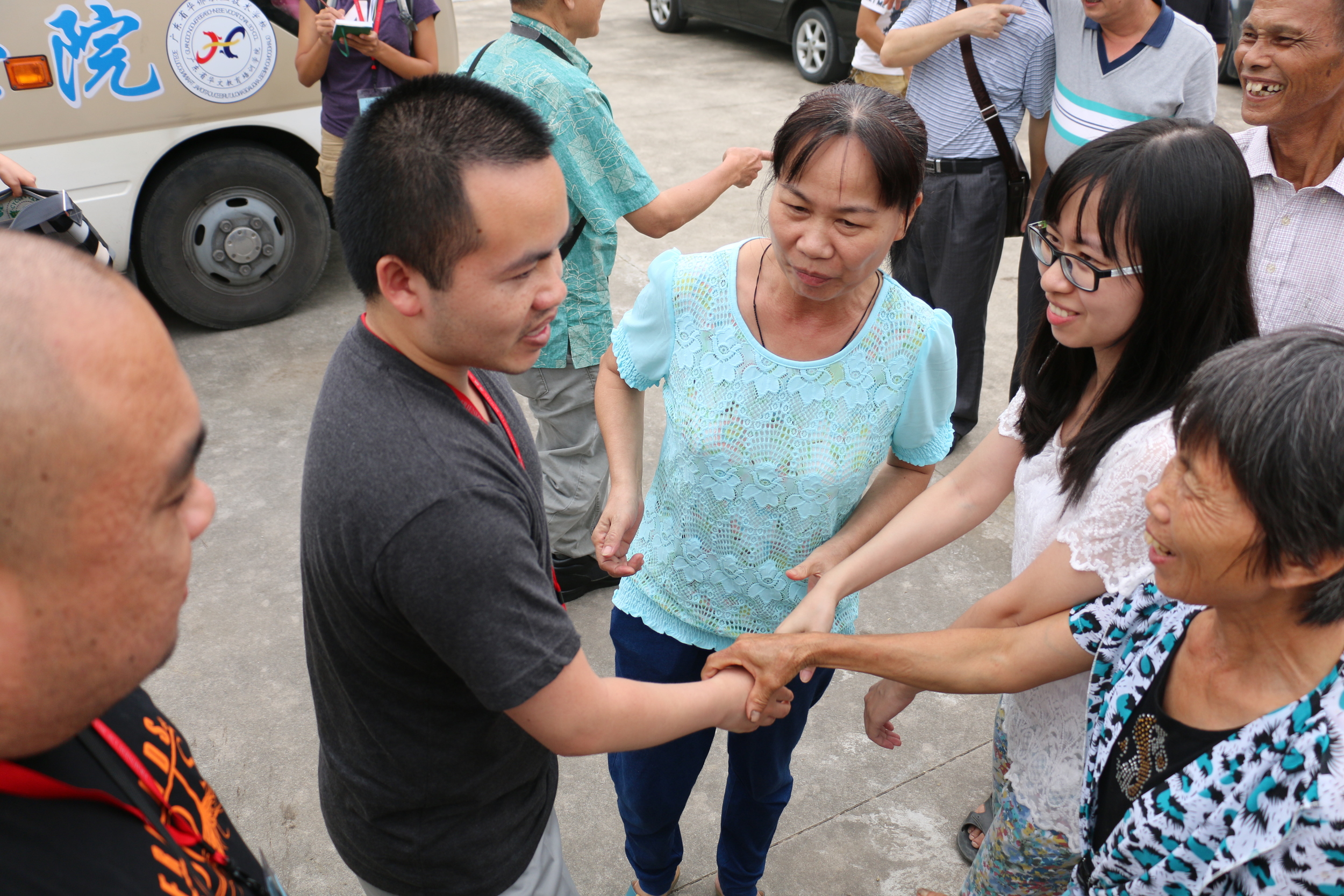
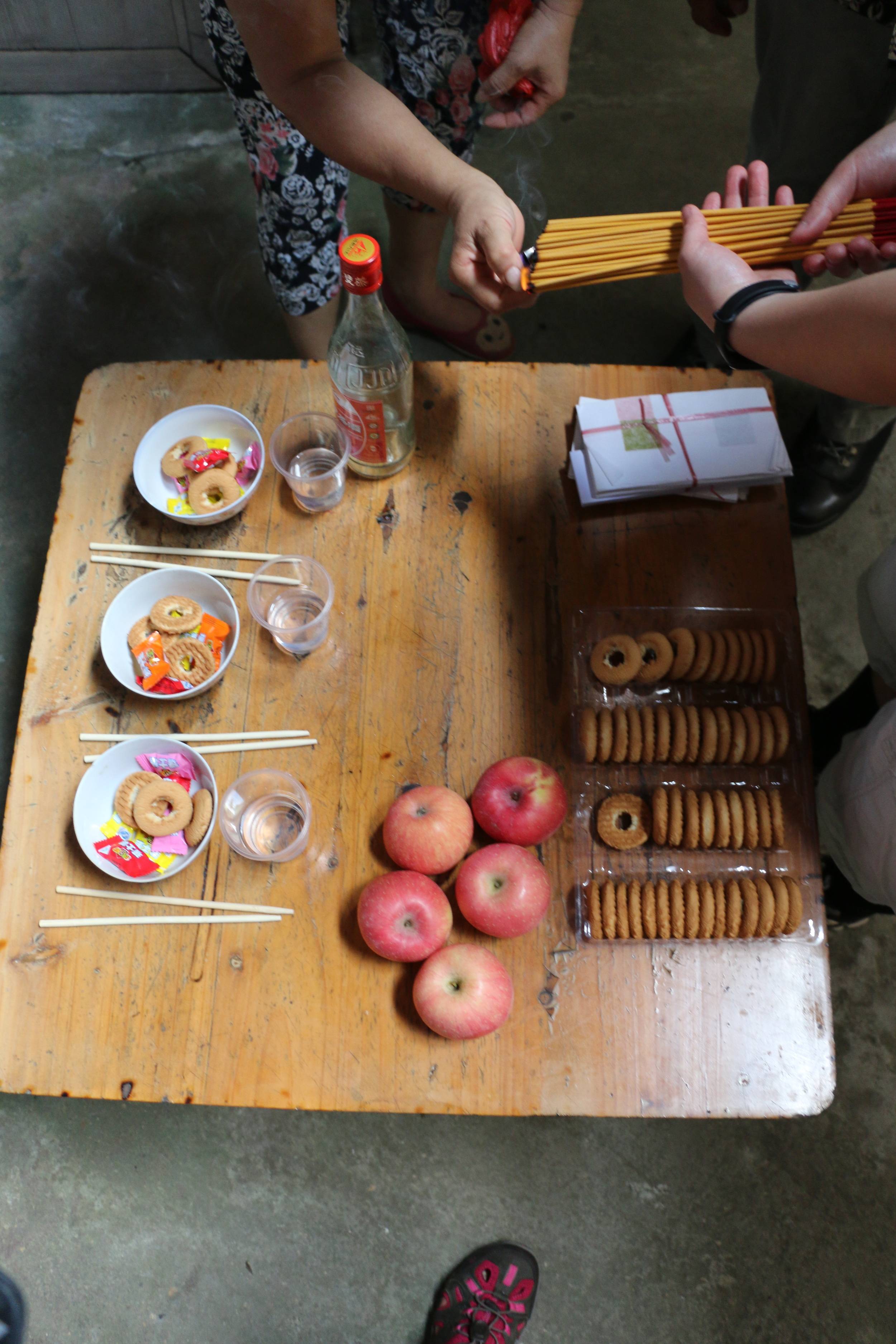
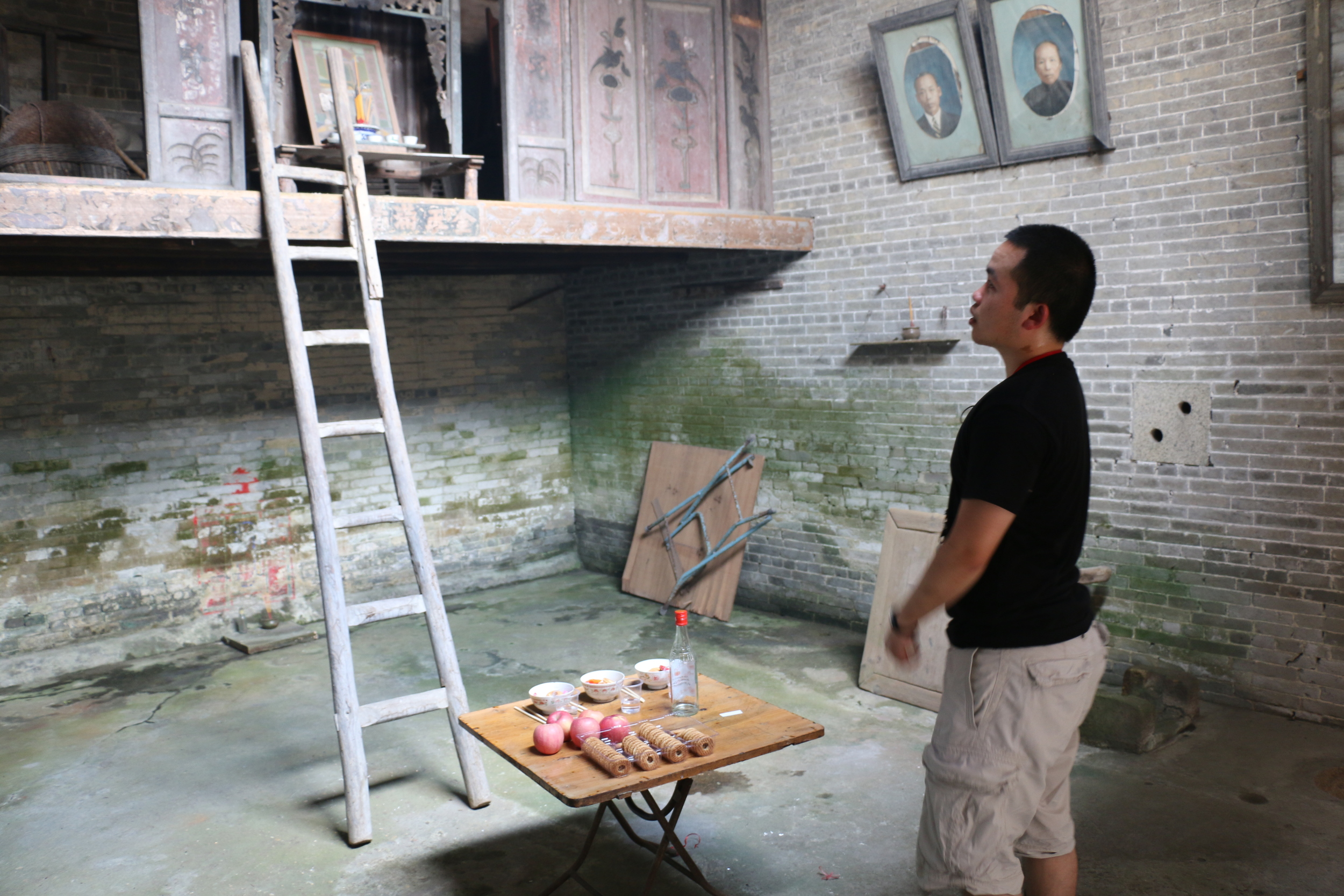
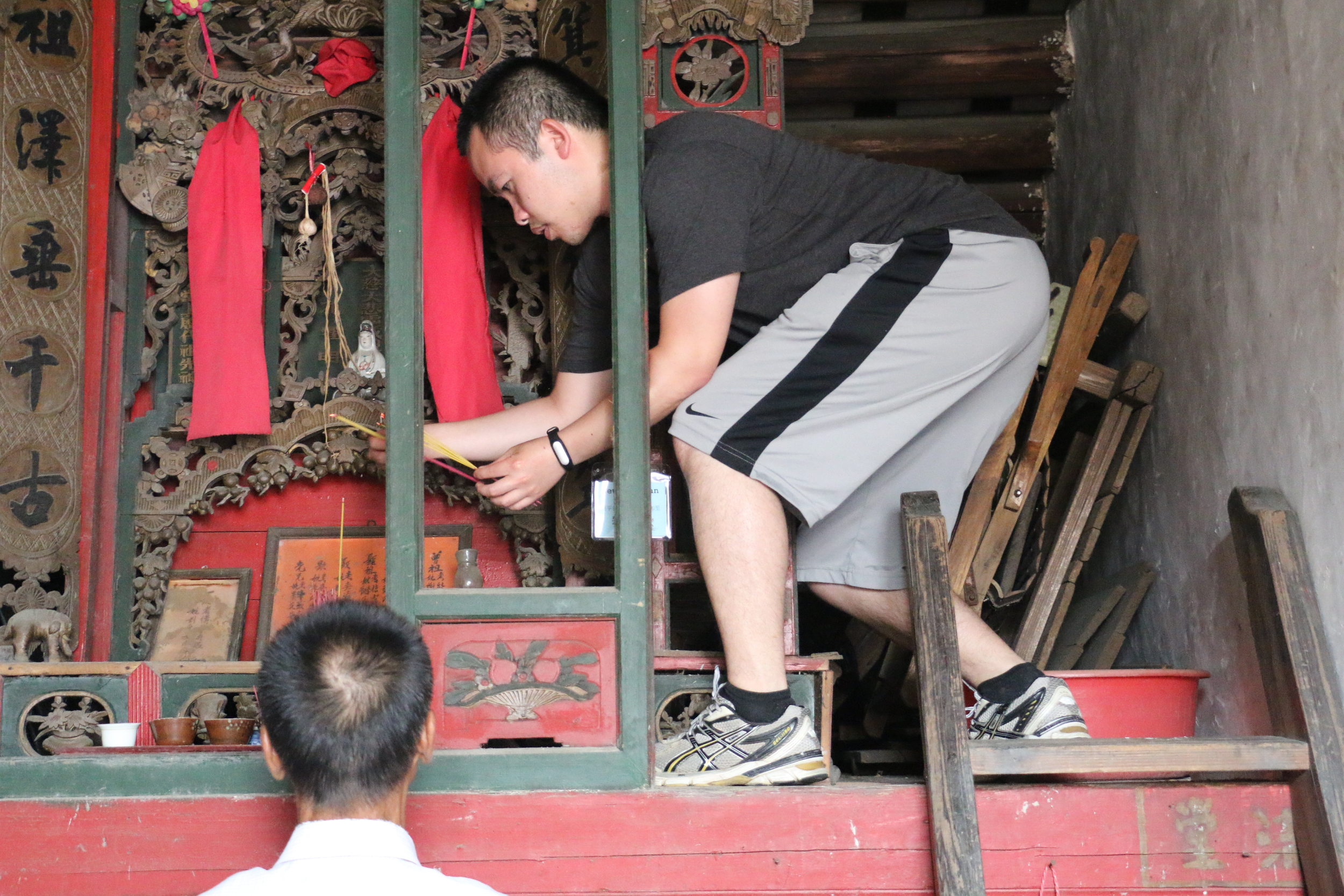
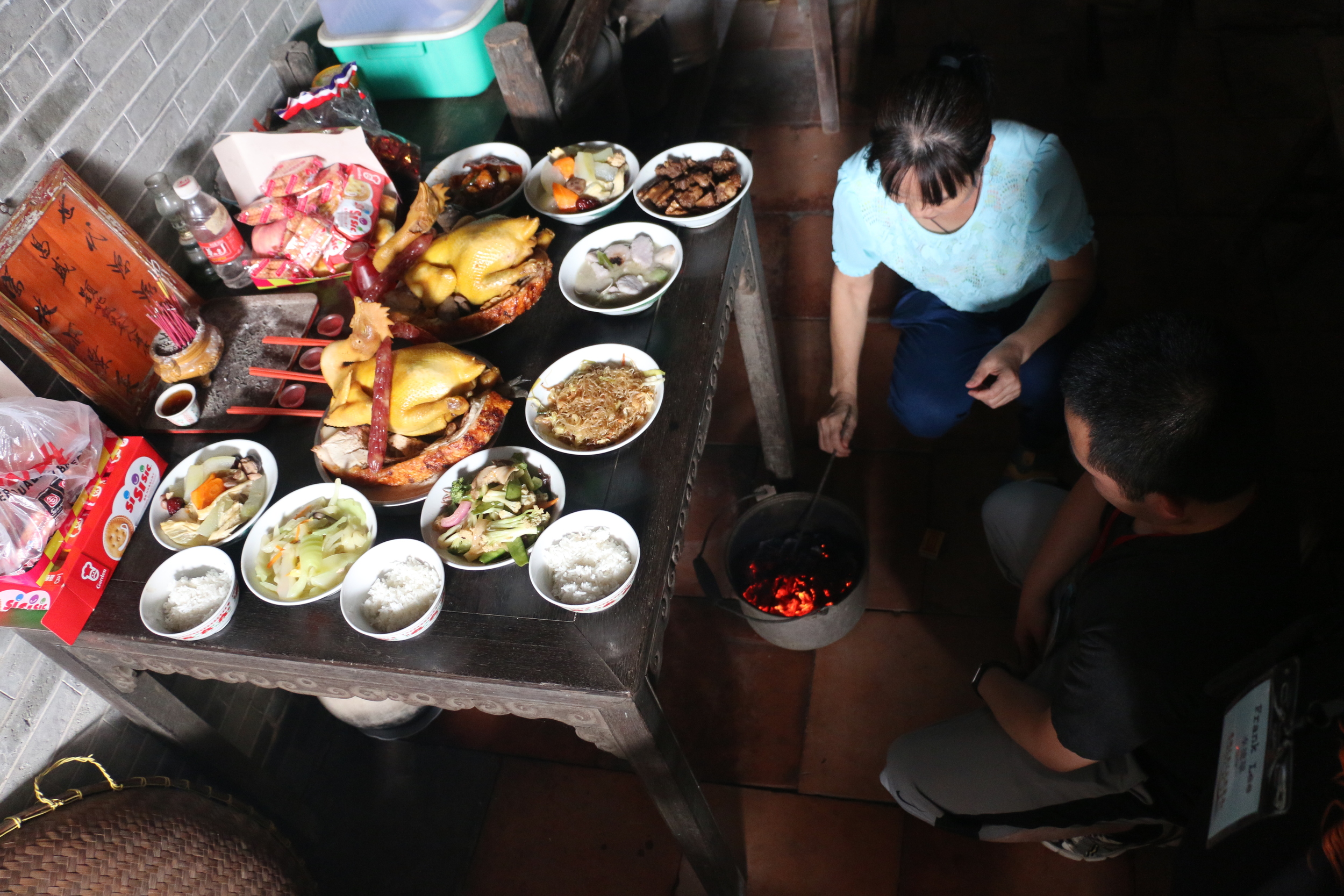
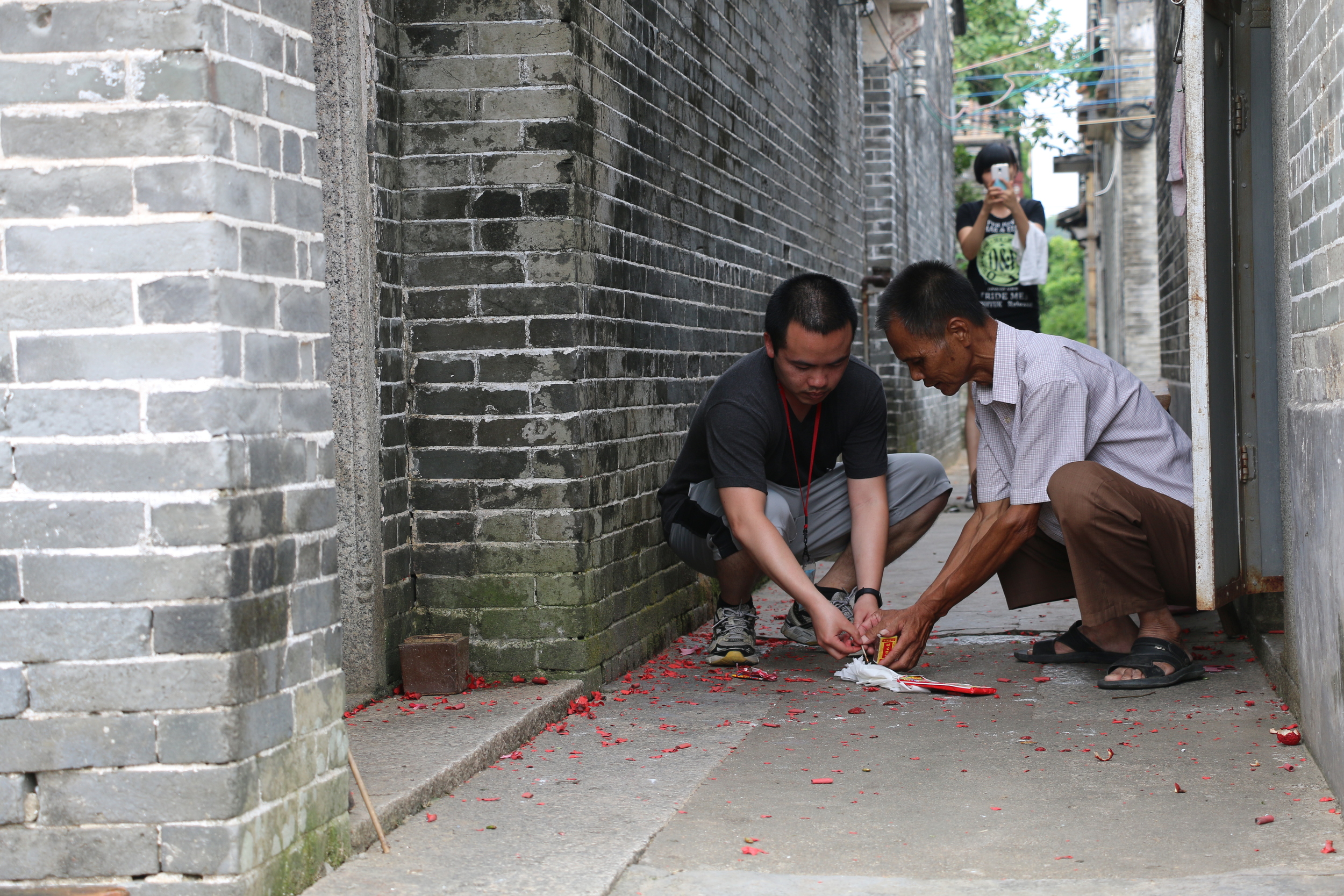
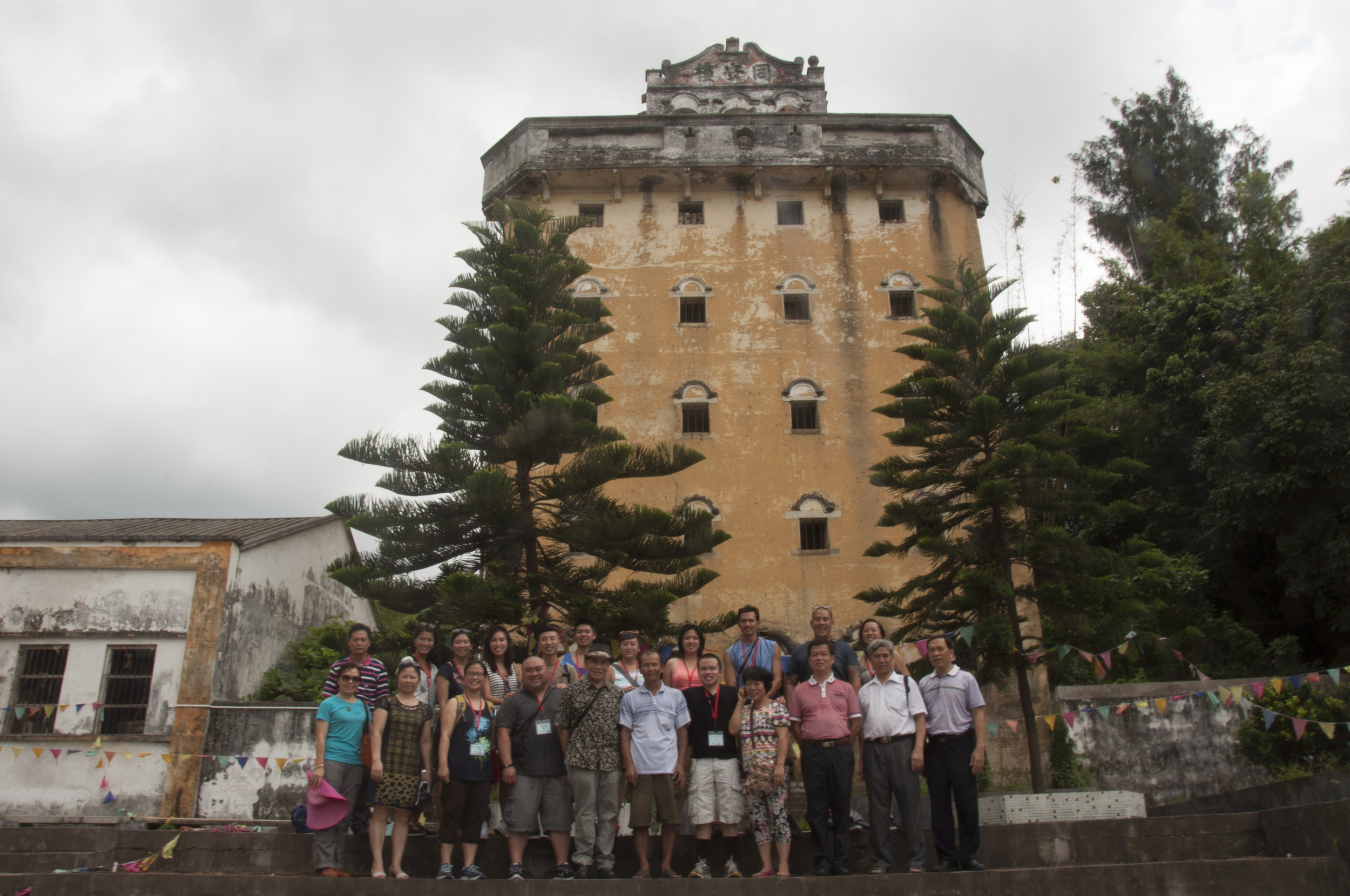
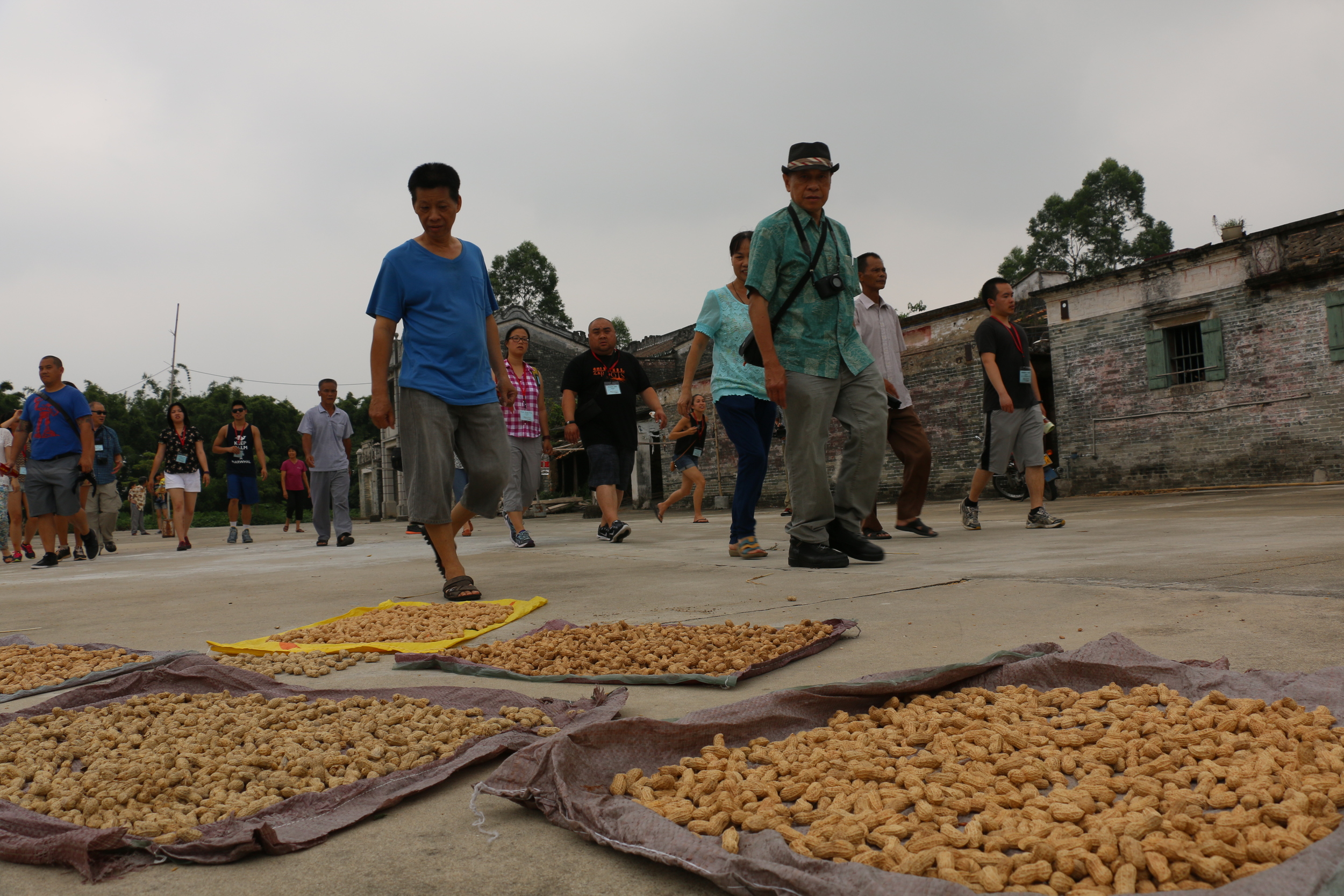
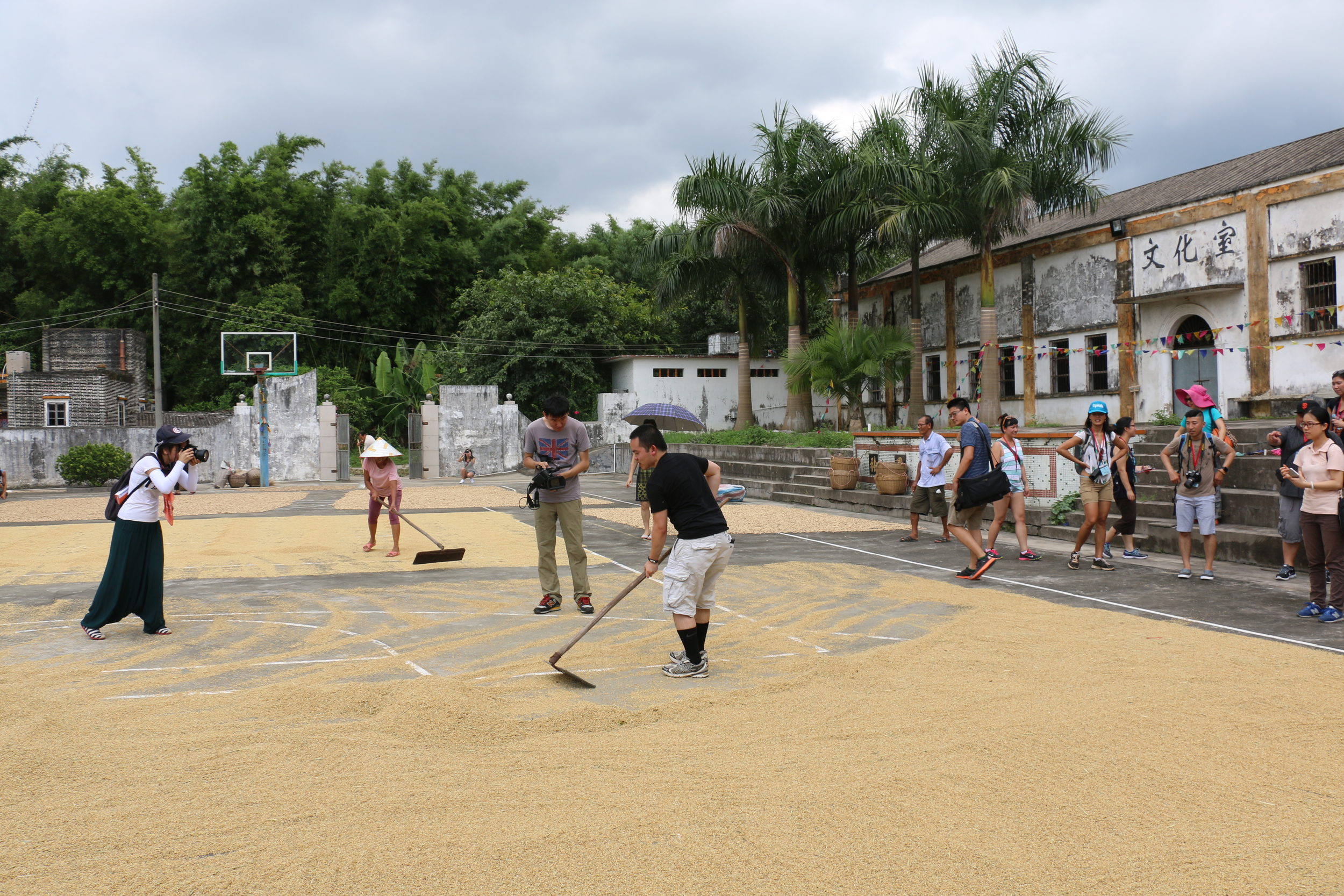
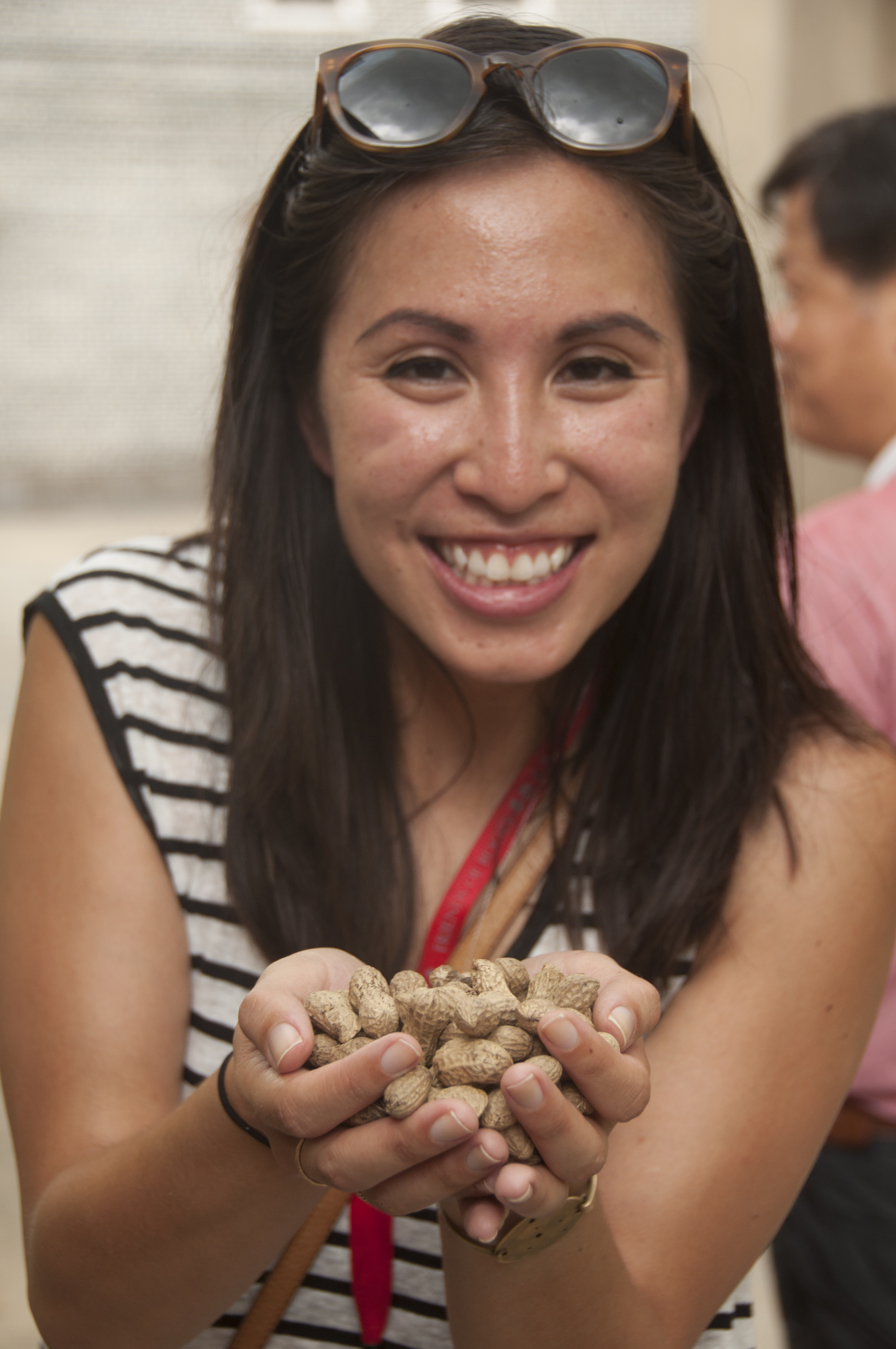
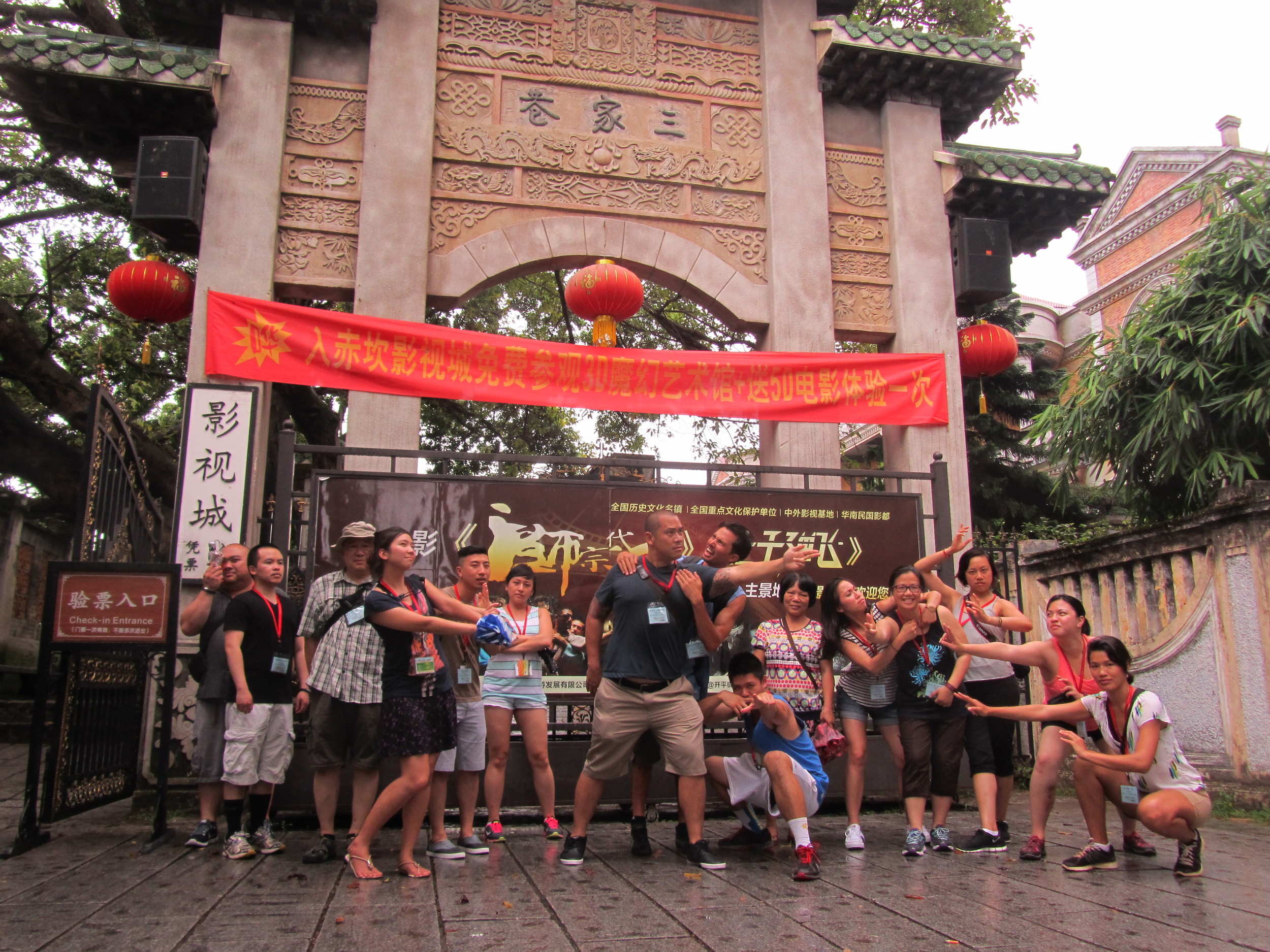
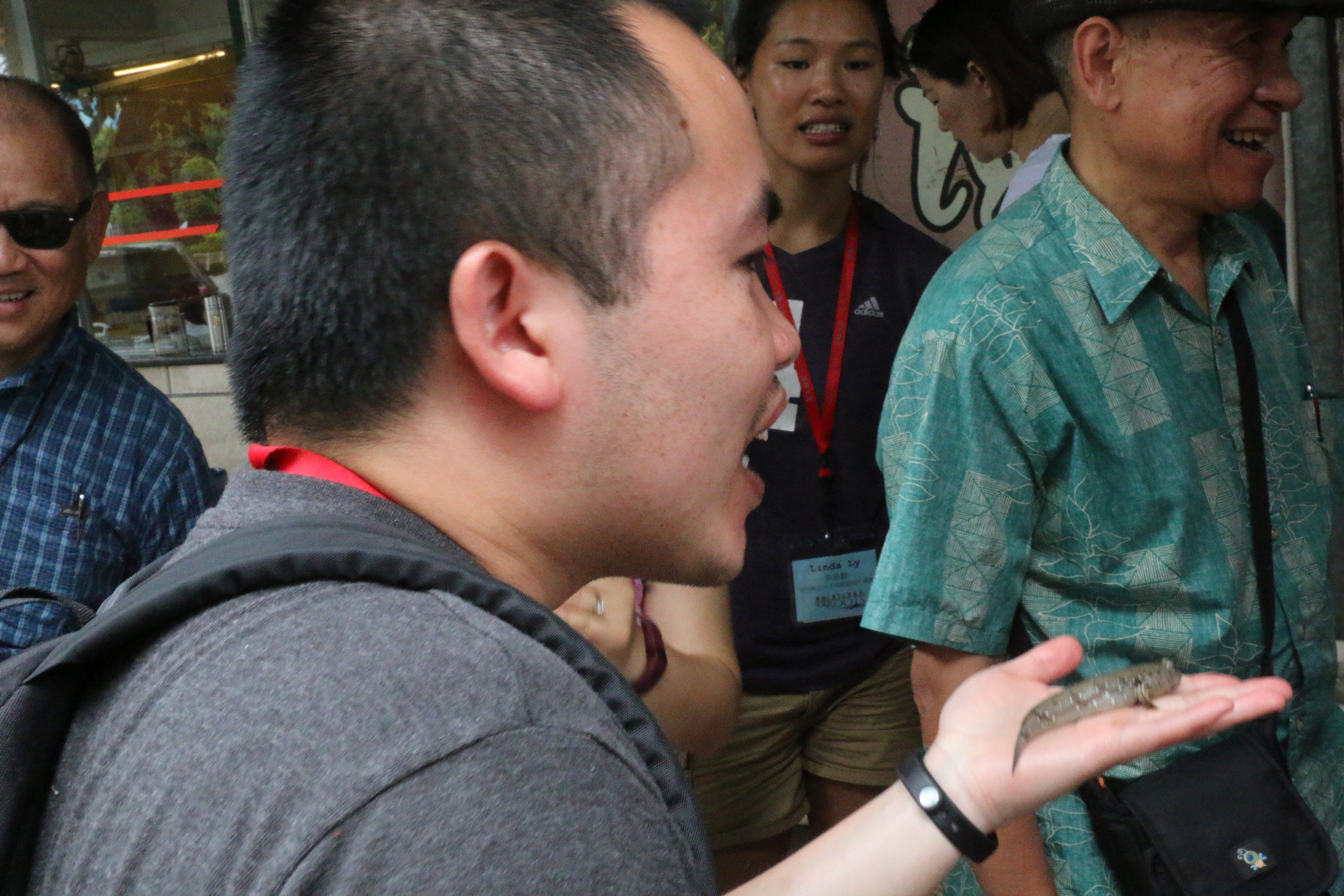
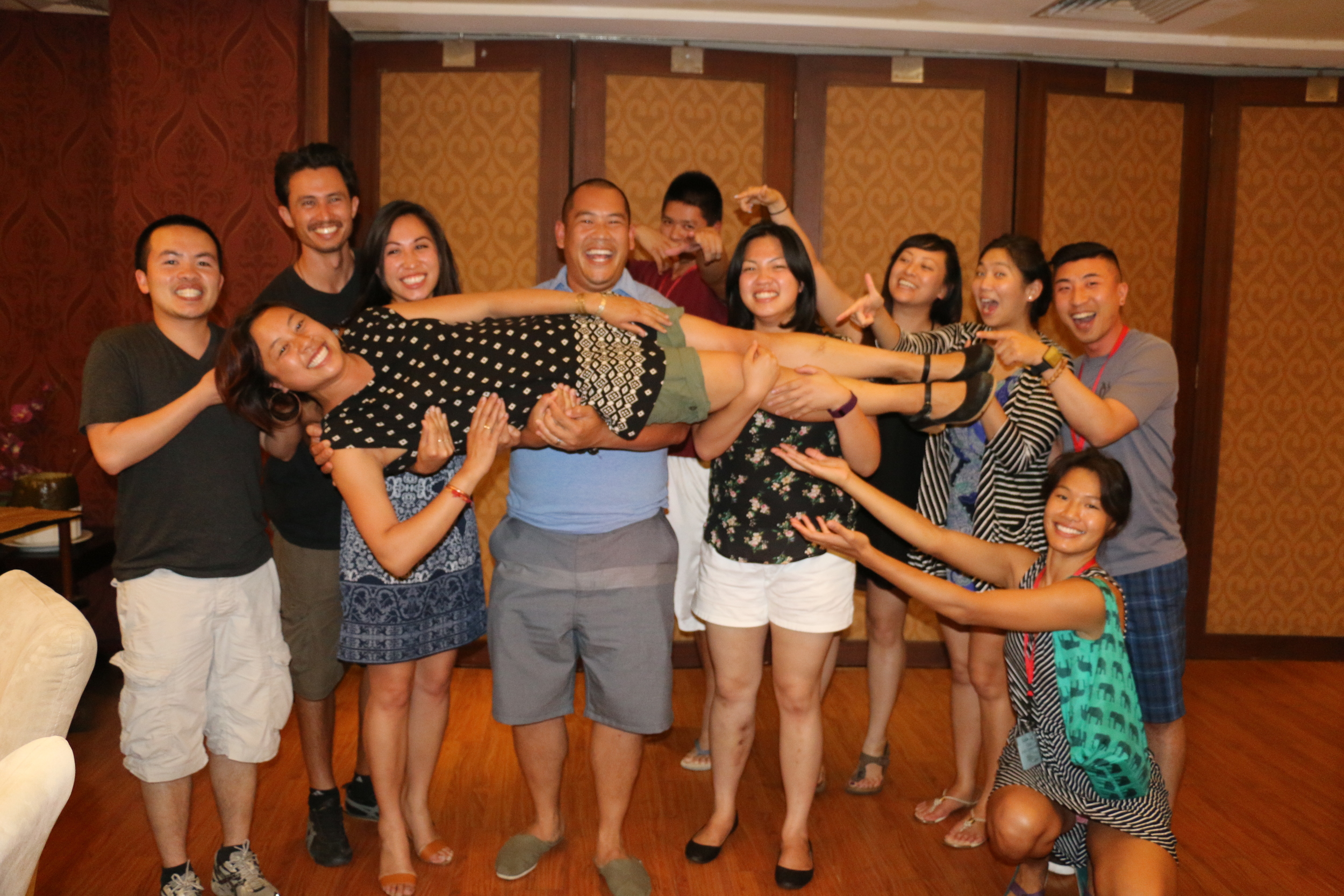
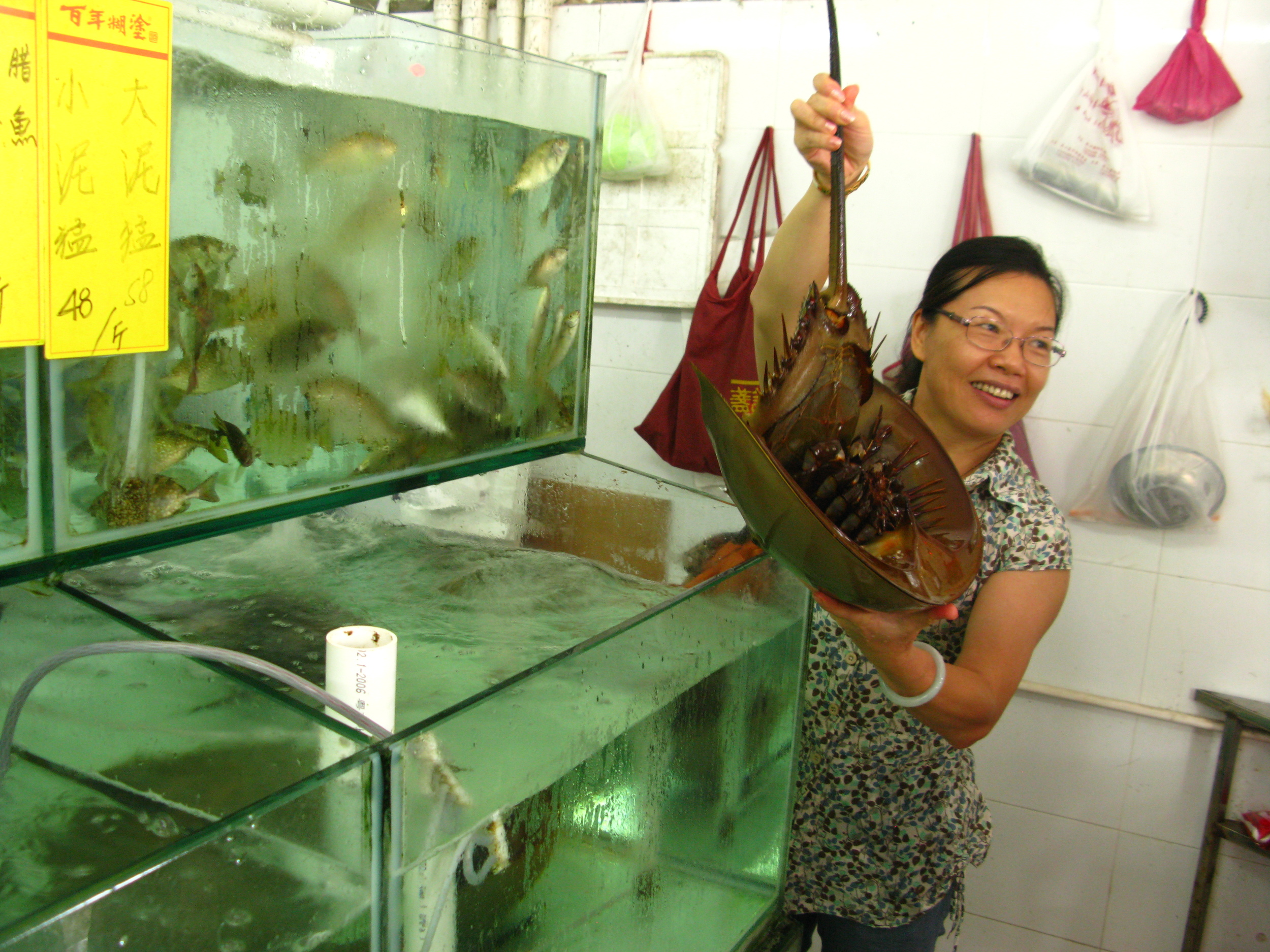
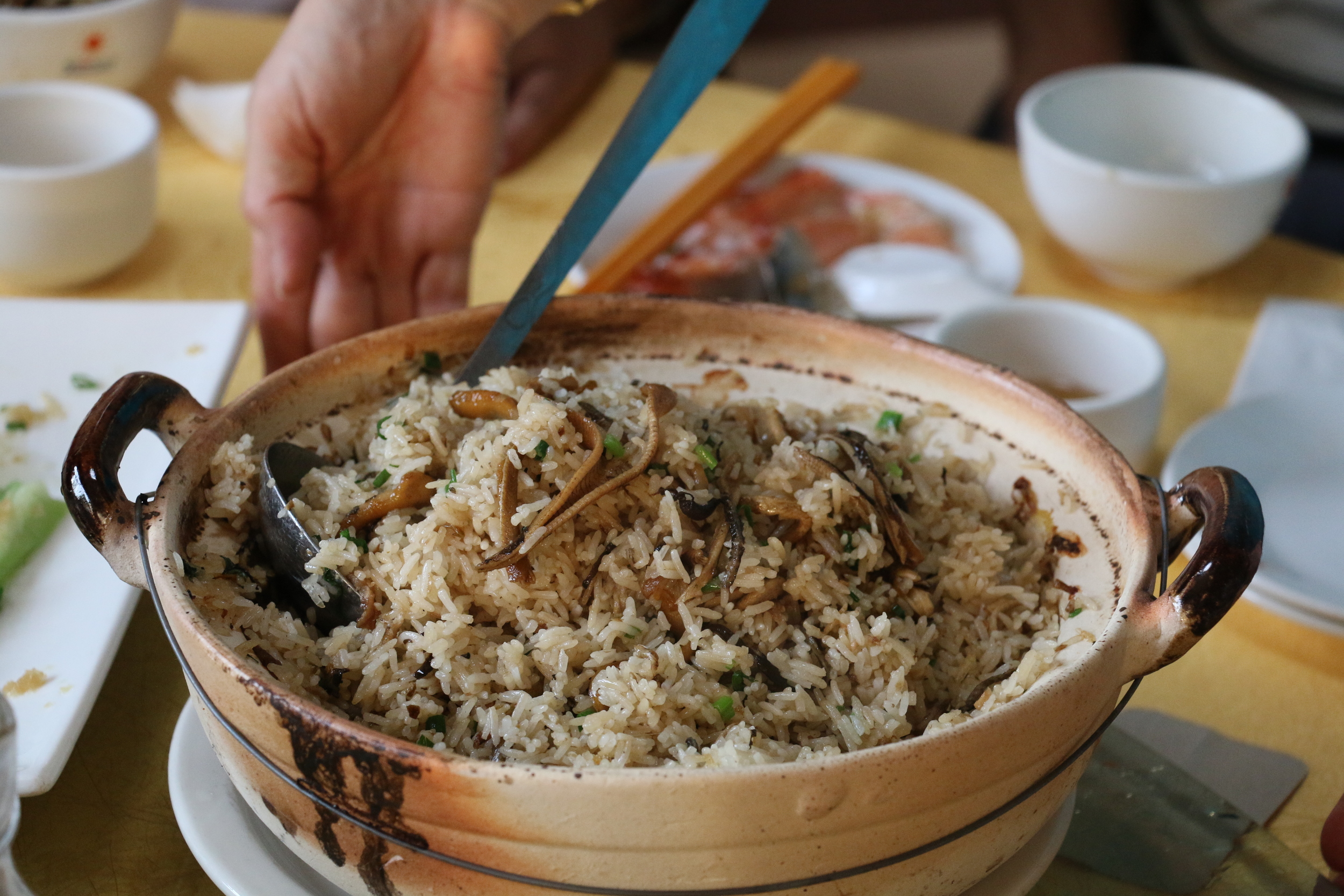
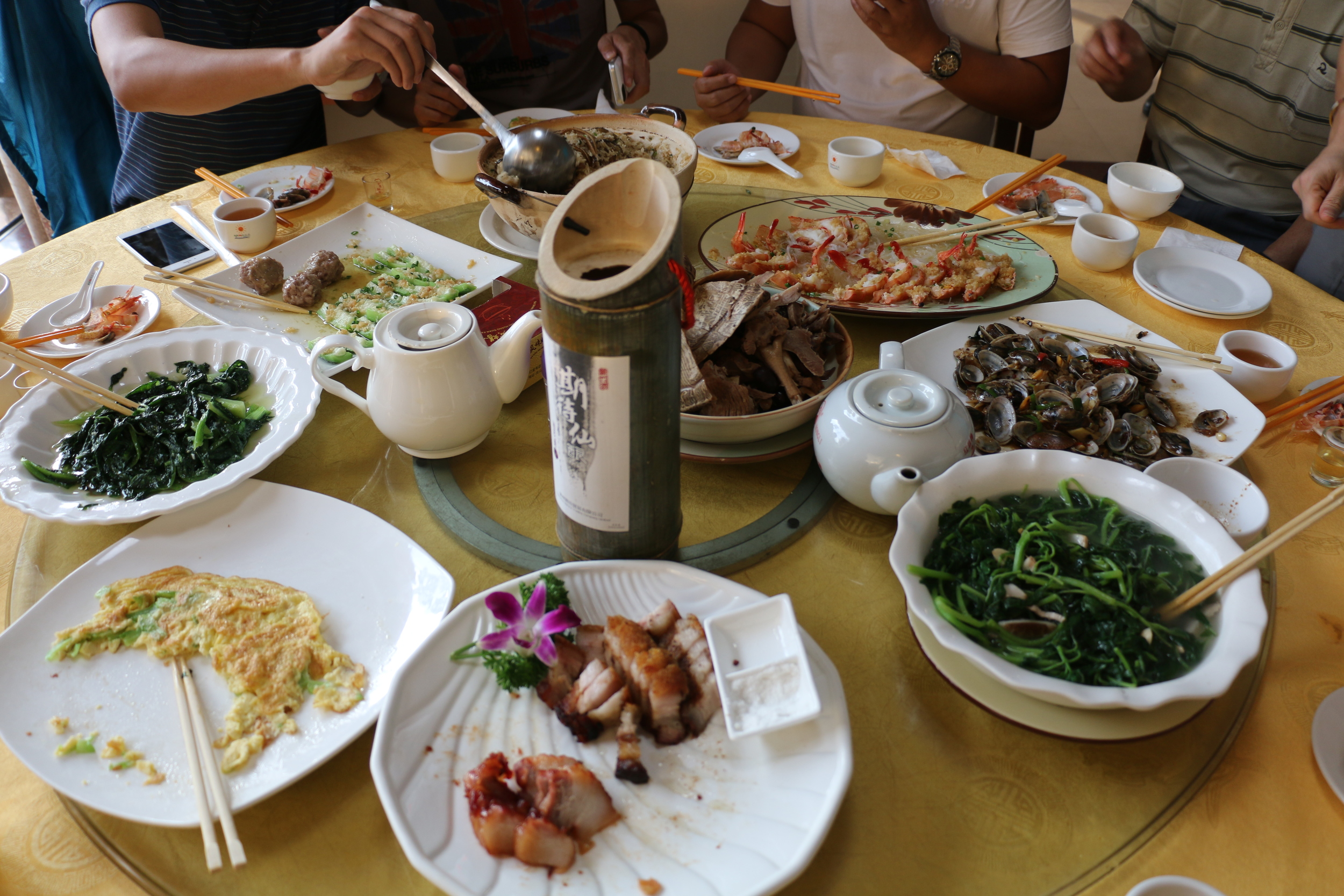
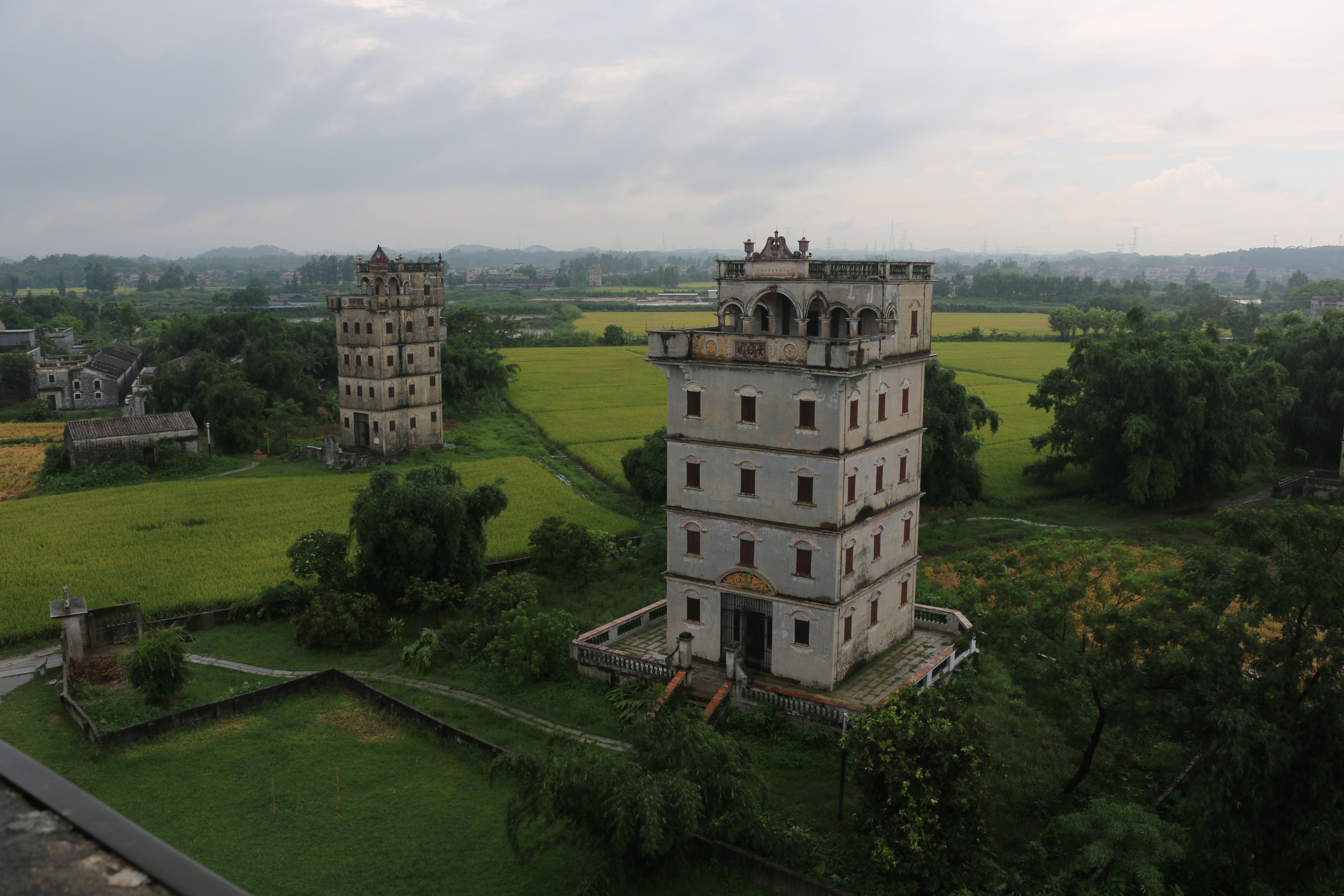
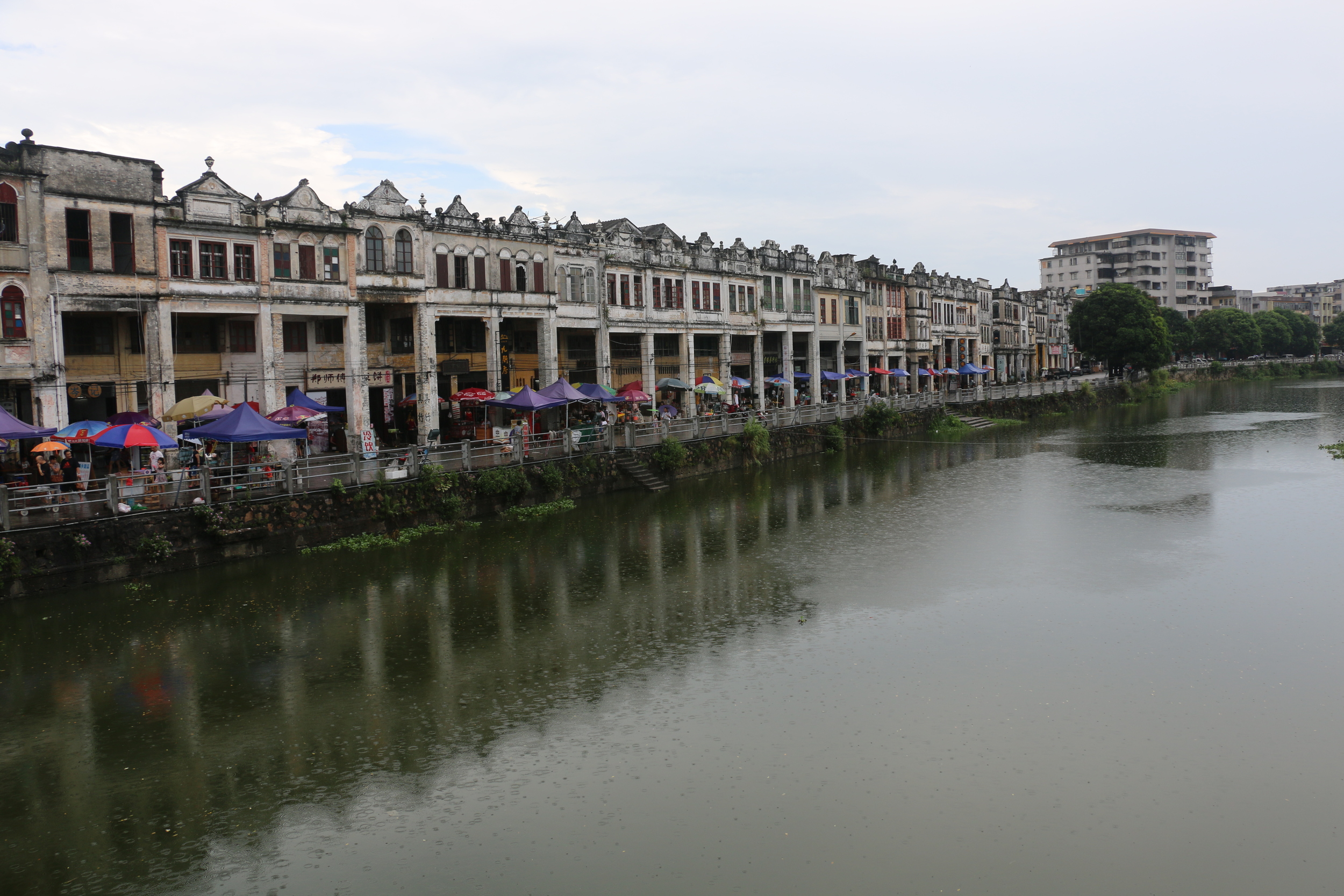
Seward Yuan - Maternal Village
中國廣東省開平巿赤水鎮象欄鄉東和里
Seward Yuan - Paternal Village
中國廣東省台山巿水步鎮獨岡鄉良步村
My name is Seward Yuan and I am a second generation Chinese American. I’ve always felt very Chinese growing up. I was born and raised in San Francisco Chinatown. Cantonese was my first language. I also knew how to speak the Toisanese dialect. I ate rice pretty much every day for dinner. I went to Chinese school on Saturday afternoons. I watched Chinese dramas and Chinese movies. I listened to Chinese songs. I was able to order food from a Chinese menu. Most of my friends were Chinese, and even compared to them, I was pretty Chinese. But the truth is, even though I did all these Chinese things, I wasn’t completely sure what it meant to be Chinese. That’s why I decided to join Roots.
According to the google search query “define roots”, one of the definitions of “roots” is “family, ethnic, or cultural origins, especially as the reasons for one’s long-standing emotional attachment to a place or community”. I chose to be a part of the Roots program because I wanted to learn more about why and how I am the person I am today. I wanted to see and experience in person what life was like for my parents, my grandparents, and the rest of my family who had lived in the villages before they came to the United States. I had actually been to China twice before this trip. I went in the summer of 2000 for vacation when I was 10. I also went in 1990 when I was just 4 months old and stayed there for about two years. However, I don’t remember much about going to any villages. Actually, I barely have any recollection of those trips.
My rooting of my mom’s village was the overall first rooting of the whole trip. I was told in advance by the leaders that my rooting would be a pretty traditional one. I had no idea what that meant though, since I had nothing to compare it to, so I went into without thinking too much about expectations. I was just going to let whatever was going to happen happen. The first rooting was supposedly one of the hardest ones, but a part of me was actually a little bit glad that I was going first, because I wanted to have that experience of not having to compare my rooting to someone else’s beforehand.
My mom’s village is in Hoi Ping. No immediate family members live there anymore. When we first arrived at the village and got off our bus, everything happened so quickly. We were greeted by a family friend, who also was the caretaker of the ancestral home, my mom’s childhood classmate, who lived about a half an hour drive away and had always kept in touch with my mom, and some government officials from the area.
When we first entered the ancestral home, the first thing that came to my mind was how small it was. It was pretty fitting actually now that I think about it. My mom’s side of the family is quite big, so during family gatherings, it always felt like we didn’t have enough room to move around, no matter where we were hanging out. We went into the main room of the house where a family shrine stood. To the right side of the shrine were framed portraits of mom’s paternal grandparents that were still in quite good condition. I almost misrecognized my great grandpa as my grandpa, until I quickly realized that it didn’t make sense for my grandpa’s portrait to be up there. They did look a lot alike though. We prepared a table in front of the shrine with some wine, fruit, crackers, and candy. We burned incense and placed them around various locations in the home to pay respects to my ancestors. I bowed three times each to the heavens, to my great grandparents, and to my ancestors, and silently thanked them for all their hard work and sacrifice to get me to where I am today.
Then we went outside to go to the village watchtower. On the way there, I got to see this fruit tree that my mom had told me about. On the surface, it looked like any other regular old tree, but there was more to it than just that. There actually used to be two other trees next to it, but they had to be chopped down to be used as building material for beds and other furniture. We also saw some villagers raking wheat, and I asked if I could give them a hand. The village watchtower consisted of five floors, with the fourth floor belonging to our family. Iit was used as a safe hiding place during times when bandits came to the village.
We had a little bit of time left, so I went back to the ancestral home and everyone gave me space to be by myself. I used that time to think about the hardships they went through and the sacrifices they made to allow me to be where I am today. Actually having seen the village in person gave me a much deeper sense of where they came from and where I came from.. They were from simpler times, as the small house and lack of technology indicated.. At the same time, they also lead difficult lives, as evidenced by the watchtower and the manual labor. For that, I am grateful for those who had come before me to shape who I am today.
The next day, I got the chance to visit my dad’s village is in Toi San. Although I don’t remember any of it, I had actually been to this village before when I was a baby. This rooting was a totally different experience from my first one. Unlike my mom’s family, much of dad’s family still lives in the area. We were greeted by quite a lot of family members, some of whom I did not even know existed! However, they all said they remembered the first time I visited some 25 years ago. When we arrived and entered the ancestral home, they had already set up the table with plates of food ready for me to pay my respects to my ancestors. I lit incense, prayed, and burned paper money. We were invited to their house to eat some fruit and exchange gifts and red envelopes. I also got a chance to see the family temple. After many photos were taken with family members, officials, Rooters and leaders, it was time to say goodbye. I really wish I had been able to spend more time at this village. I felt so welcomed and they were so genuinely happy and excited to see me. They were still smiling as we were getting on the bus getting ready to leave, but I could definitely sense some sadness from them that the visit was so short. Unfortunately, we were running a tight schedule and it was time to go. I’ll definitely try to find a way to meet up with them again, whether it’s in China or here in the United States.
The two weeks spent in China as part of the Roots program was an incredible and powerful experience. I feel really lucky to have had the chance to have this experience with such a diverse group of people, all with the commonality of having some kind of ancestral roots from the Guangdong province. In our group of Rooters, we had people who were part Chinese, people whose parents were immigrants from other countries besides China, people whose familial histories started in Teochew, people who were third and fourth generation Chinese. These were not the Chinese Americans that I was used to growing up with. I grew up in an environment where most Chinese Americans my age had similar stories and backgrounds as I did. Many of my peers were also second generation Chinese Americans whose parents were from near or in the Jiangmen region. That was what I at the time understood as the Chinese American experience. It actually wasn’t until I was in high school that I started to be exposed a lot more to Chinese Americans who had different backgrounds and histories than I did. So while this trip was important to me from an “exploring my personal roots and ancestral beginnings” perspective, it was equally as powerful from a “learning about other people’s Chinese roots and culture” point of view.
So what does it mean to me to be Chinese? A simple answer would be something like “of or relating to China or its language, culture, or people”. That includes being able to speak, read, and write the language. It includes eating dim sum and drinking milk tea. It includes watching Donnie Yen movies and listening to Jacky Cheung songs. But there’s also more to being Chinese than what’s on the surface. Going on this trip gave me a better understanding of why my family still does some of the things they do today and why I was taught to behave in similar fashions. We work hard because there are no shortcuts in life. I saw that firsthand in China that for many people, the only way to put food on the table is through manual labor. We value education because that’s what it takes to create a better future for ourselves. There weren’t very many young people in villages anymore, because many of them had left to the cities for better educational opportunities. We live frugally and resourcefully because material items aren’t the most important things in life. Seeing what life in the villages were like in person made me much more appreciative of what I have right now. Being Chinese gives me an extra perspective that I feel fortunate to have to see from. I may have been born in America, but my roots started long before in China. And I’m so grateful to have had this opportunity to explore my roots and ultimately gain a better understanding of my heritage, my identity as a Chinese American, and how my ancestral beginnings have shaped who I am today.
